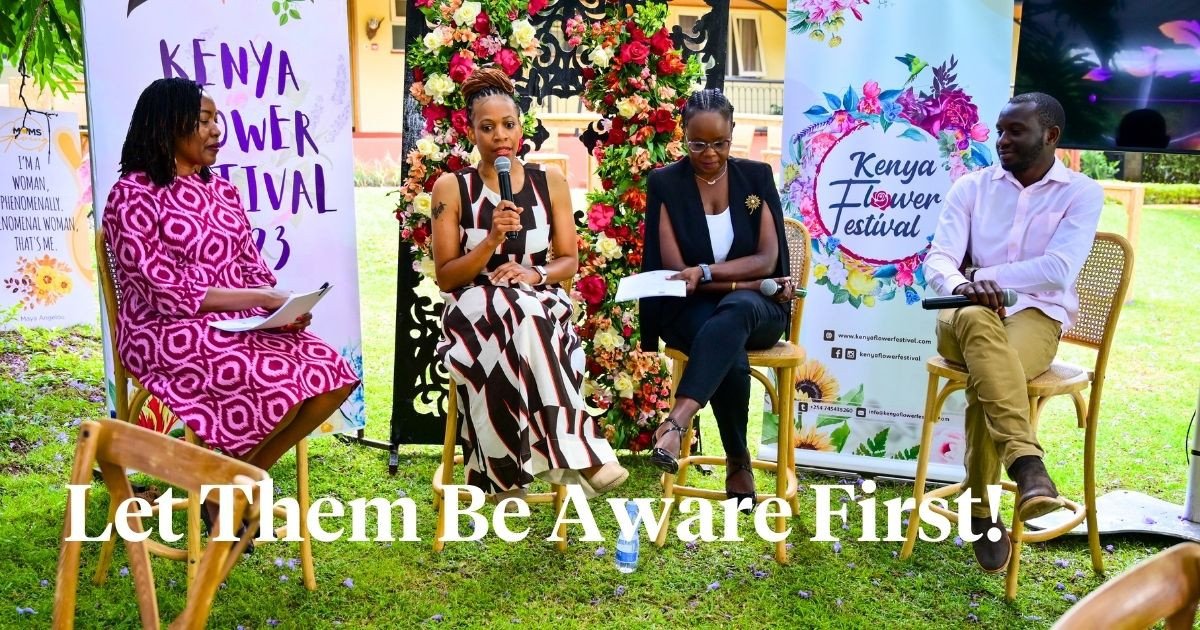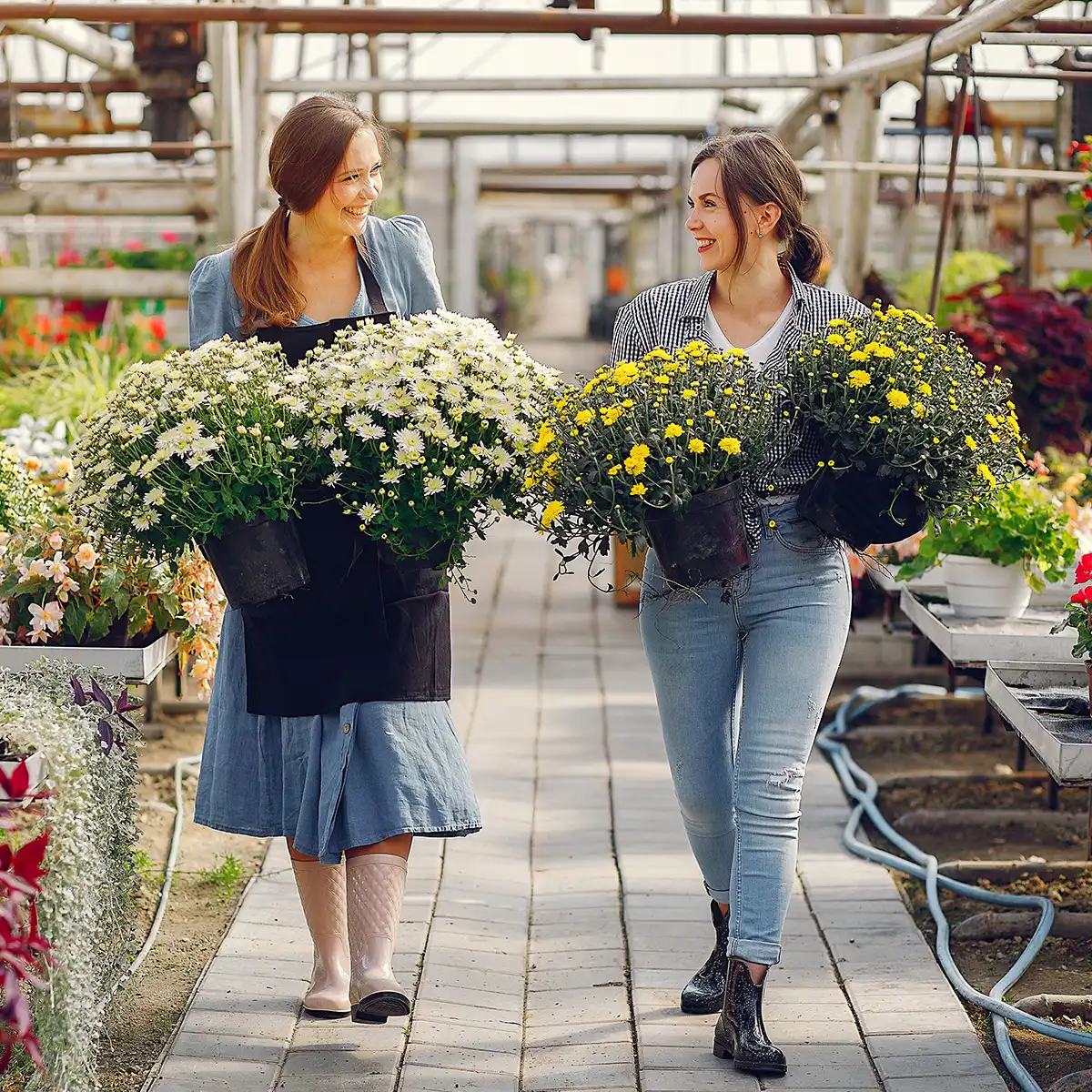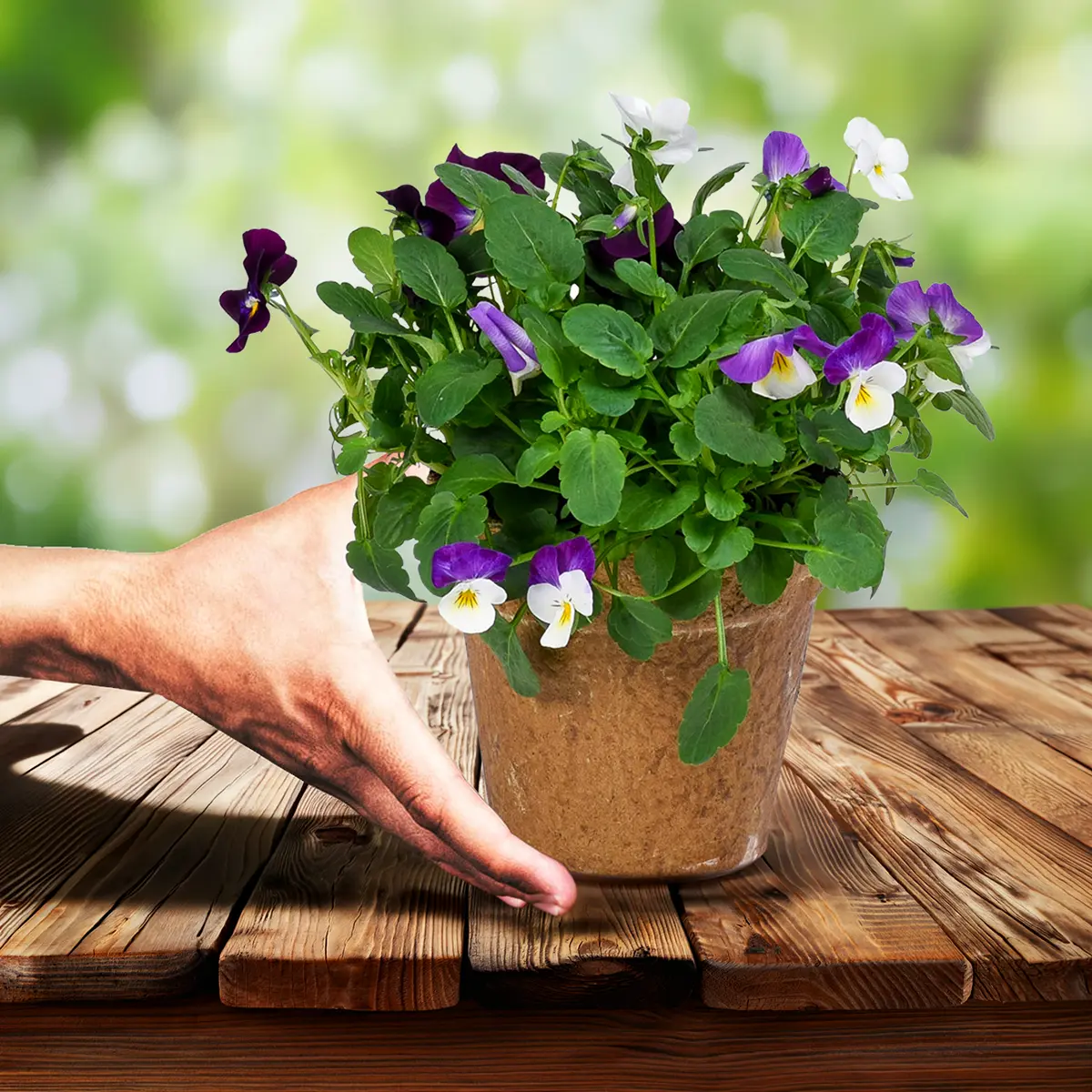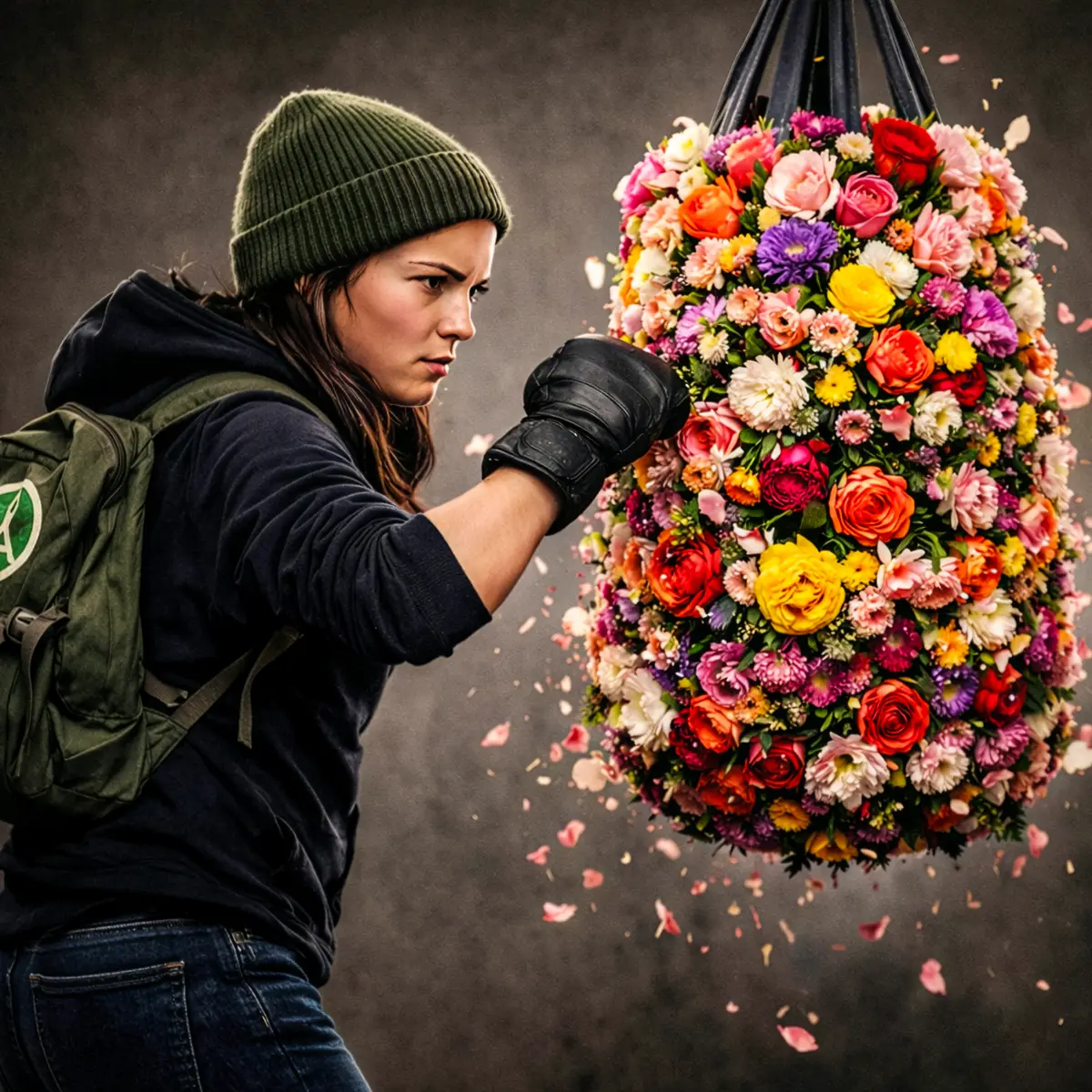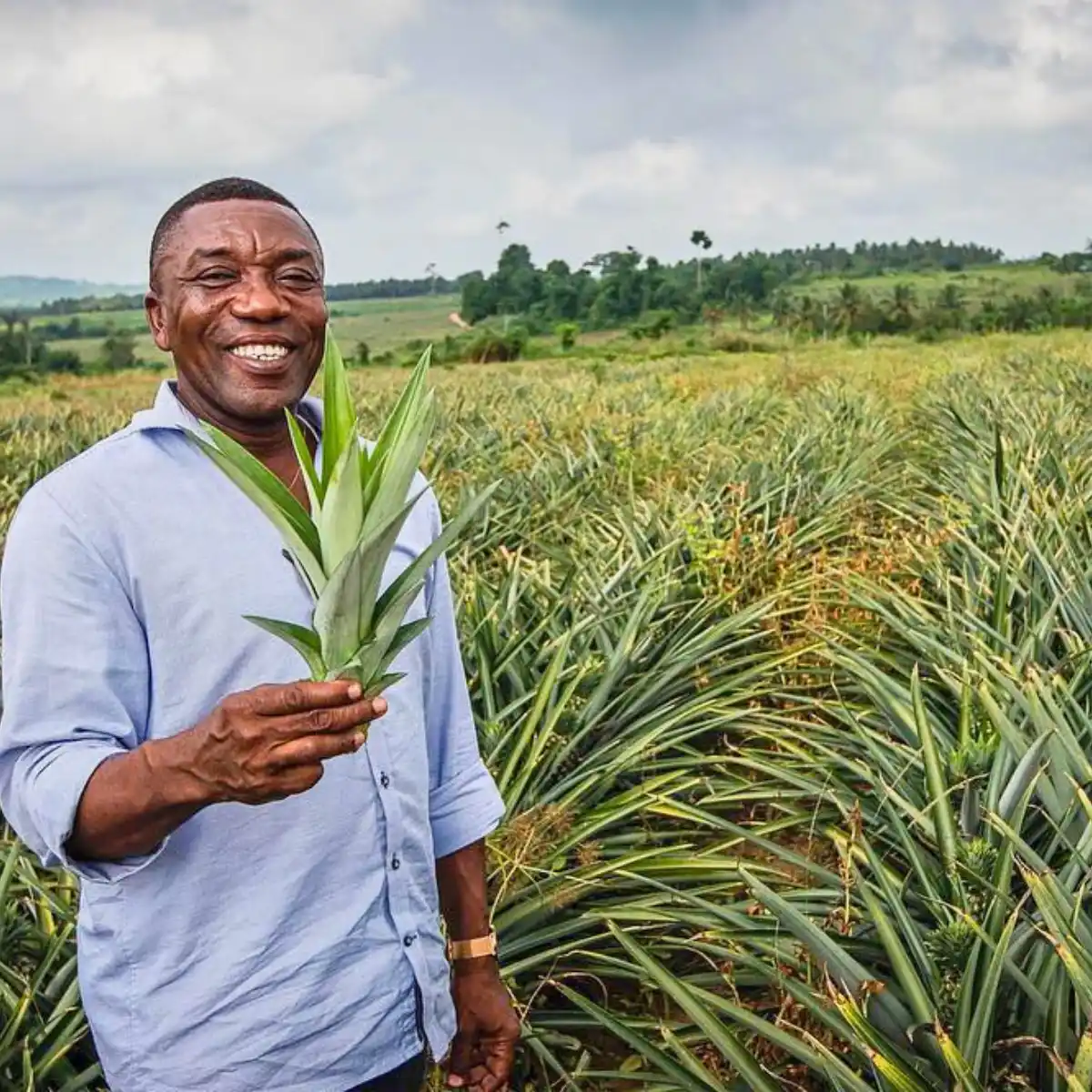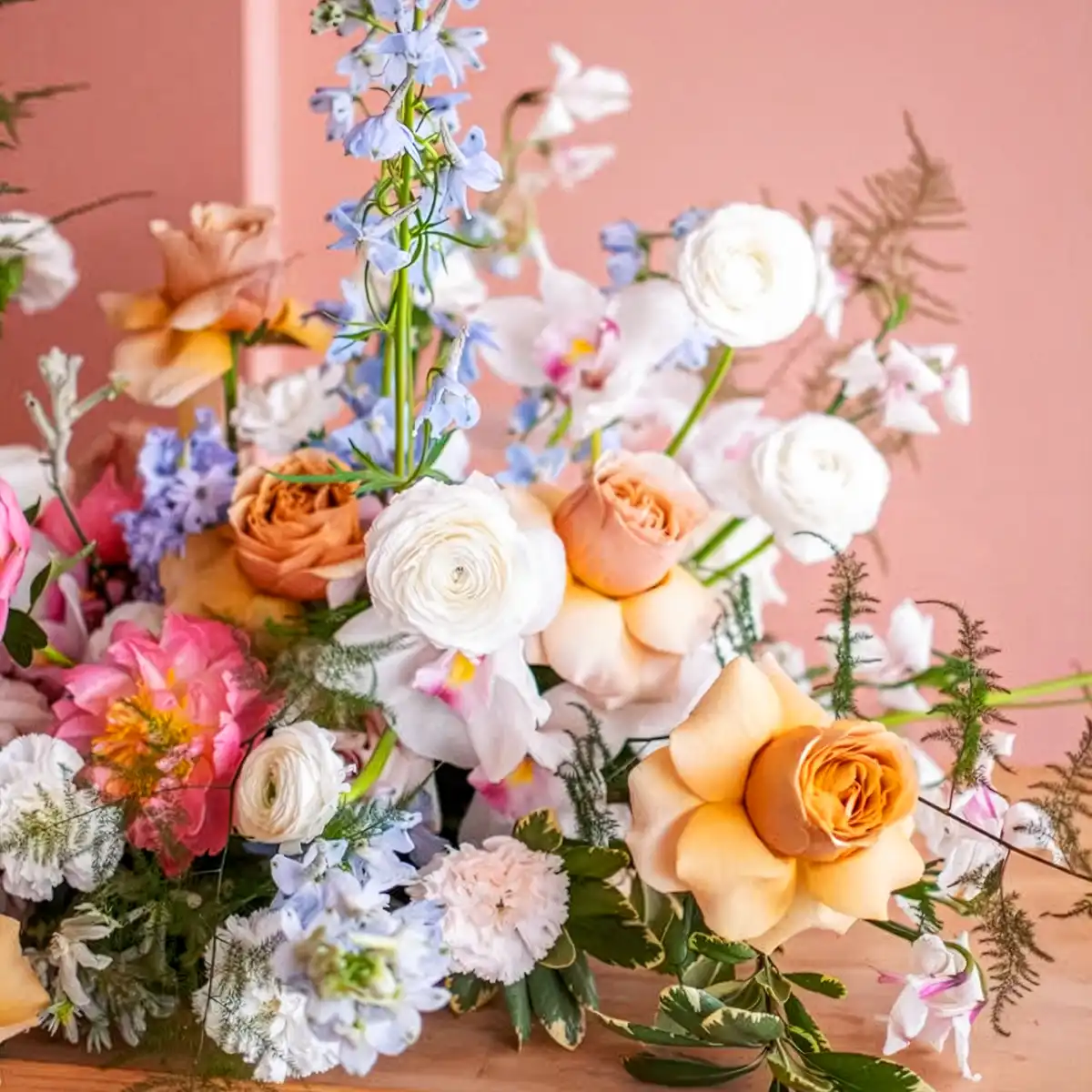Kenya Flower Festival (also known as KeFFlo) which took place on the 13th and 14th of October 2023, centered its theme around sustainability. It is no surprise, given the immense ongoing sustainability talks, specifically aimed towards our valuable industry. Just a mere mention of ‘sustainability’ and you expect an uproar from climate enthusiasts and the Green Army. Well, this debate is much-needed and timely but we cannot use this as a tool to isolate and target specific entities, that would be tragic!
For this reason, it is evident all the sustainability efforts and milestones realized over the years within the floriculture industry deserve more spotlight. No one is better placed to amplify such progress, than every player within the floral chain. From breeders, growers, propagators, and logistical companies to florists, let’s make it known how we have been and are still championing blooming sustainable strategies in our quest to bring the joy and the touch of flowers and plants to every corner of this planet.
We Are the Change
It is our collective responsibility to push forth for sustainability discussions, in a more accommodating and objective approach. Though the milestones realized by floriculture cannot be overlooked, there is still a long way to go. This is not to downplay the significant sustainability efforts and investments that have been poured into this initiative.
Jeroen van der Hulst of FlowerWatch noted that:
"Kenya's floriculture sector has come a long way, looking at the data we can confidently say that we have made significant progress in bolstering sustainability efforts and pushing for these changes. Kenyan growers have at least transitioned to solar energy, though not fully, most farms are relying on solar to a tune of 30-40%, while other farms are at 60% capacity."
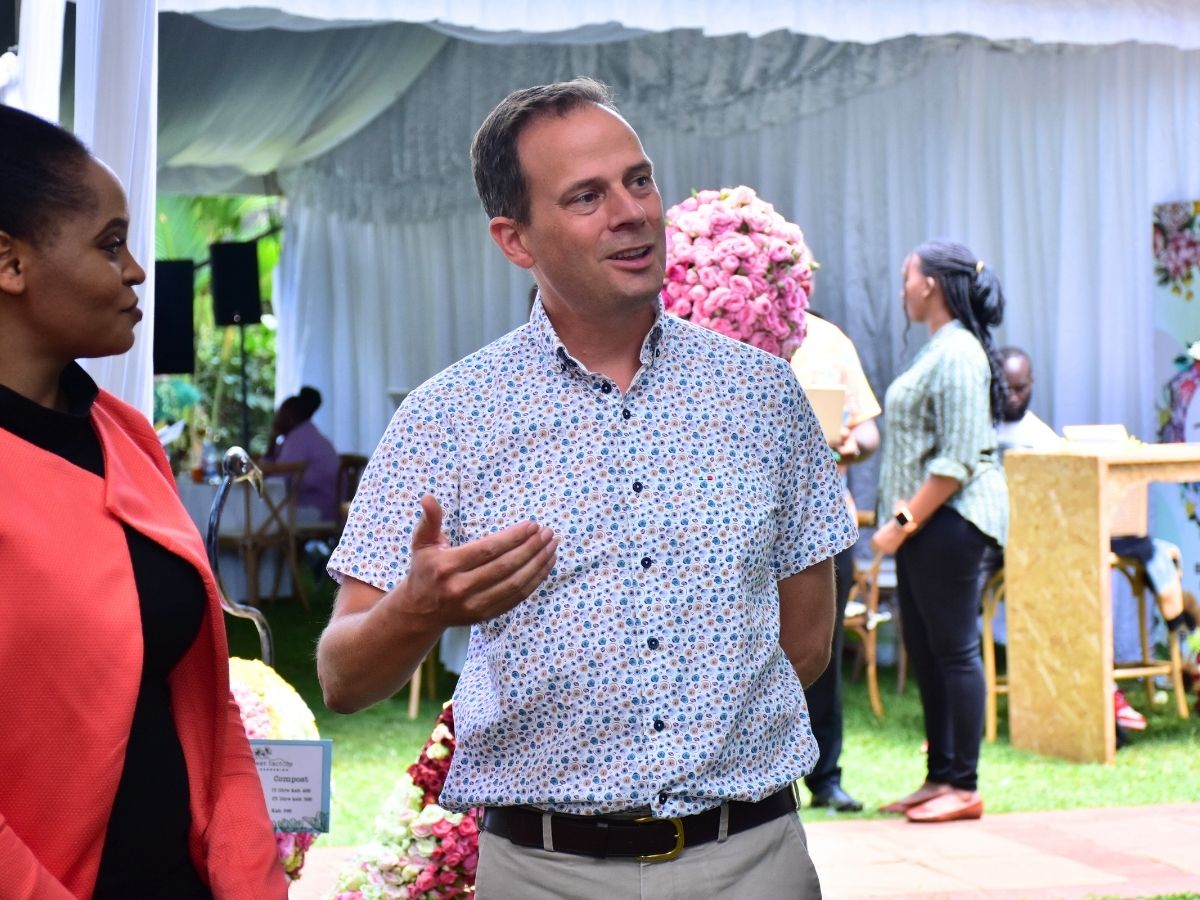
Solar energy adoption and continuous expansion of the same, including sustainable usage of water (harvesting and recycling), advocacy for tree planting, and commitment to look after the wetlands, are some of the initiatives that often go unnoticed, yet flower growers have these strategies already in place.
We might want to argue from the carbon footprint contribution, but without first seeking to understand what floriculture has continuously done to cut back on its contribution to the carbon footprint, we will always argue from a point of ignorance, which often leads to biases.
Sustainability Goes Beyond Production
Sustainability is not the pesticides, or fungicides used and continuous tillage of the soil alone, it is more than that. The transportation of flowers, packaging, and means of arrangement or tools used in this regard by florists are some of the aspects we have to think about as we talk about sustainability.
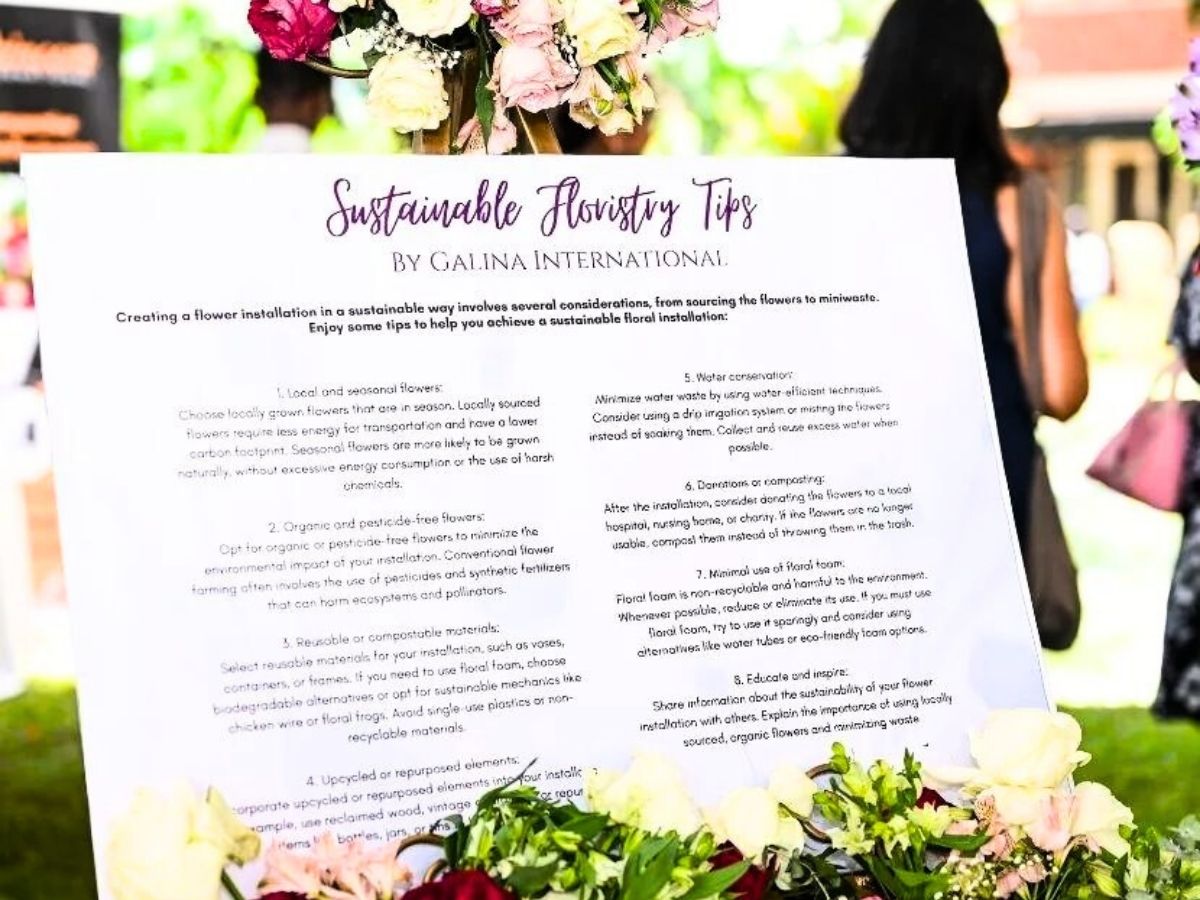
Mabel Maposa is a sustainability florist and she is passionate about florists exploring sustainable means to bring their floral arrangements to life without any compromises. Mabel reckons that:
"There are sustainable means and items for use as a florist, but we are adamant about adopting them, we have a crucial role to play as florists to push the sustainability narrative further, it is not a person’s job, but our responsibility, together."
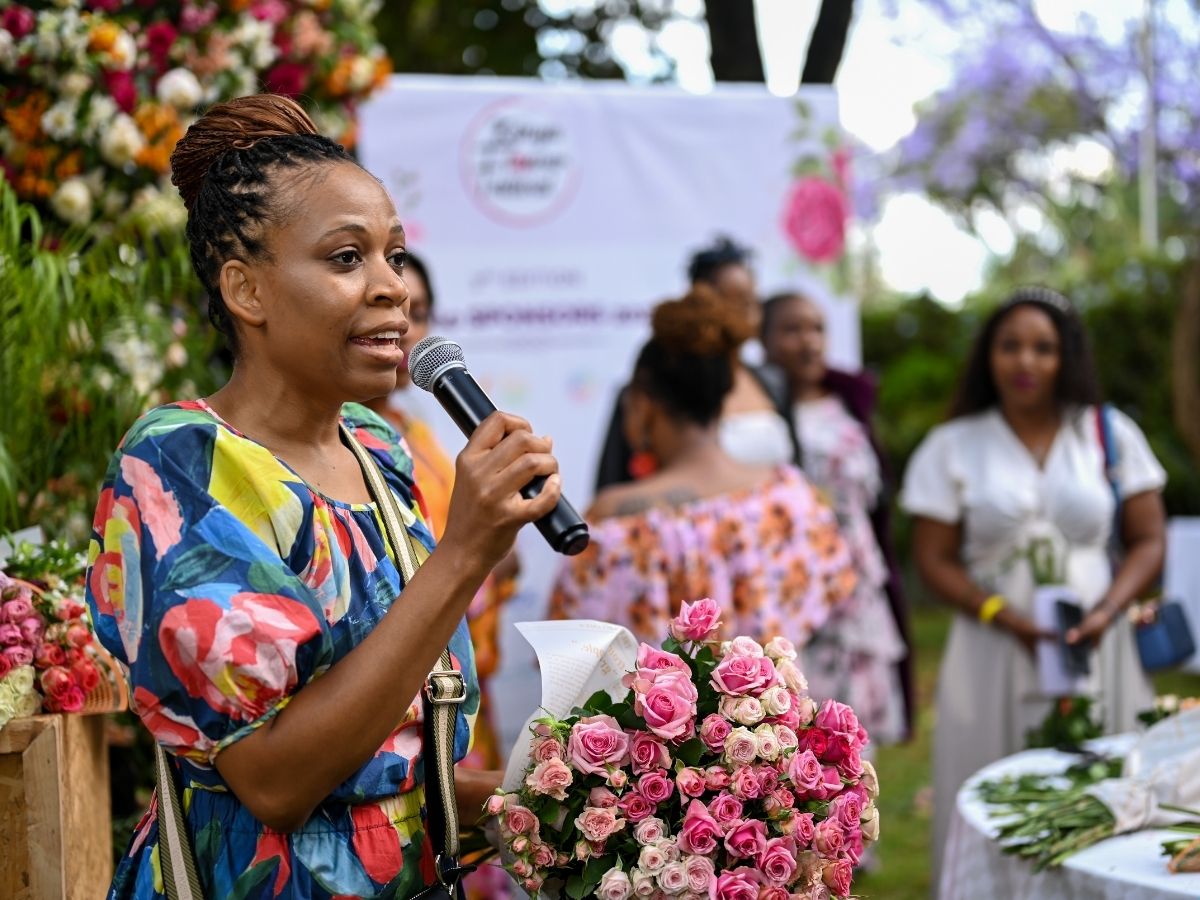
Sea freight was a farfetched theory a decade ago, but with the emergence of sustainability, majorly driven by consumers, growers in the retail segment have had to make drastic changes to adopt sea freight as part of their logistics plan.
However, the distance barrier can still be a challenge to Kenyan growers due to the duration it takes for flowers to arrive, but given the technological innovations, sea freight is no longer a theory but something worth considering, especially with the market demanding sustainable transportation of blooms.
So What Now?
We have a responsibility to amplify all the contributions we have made as an industry, correct me if I am wrong but I am convinced the floriculture industry has done tremendously a lot in its sustainability contribution, compared to the motor industry for example. Before you are quick to bash, while disregarding the immense benefits this beautiful industry has on every person who comes in contact with flowers and plants, seek to understand where we came from, where we are now, and what we are aiming for the future!
Consumers have the power to elevate the sustainability narrative to greater heights, though we cannot do a complete overhaul of the systems in place in a day, we can call out those who are setting us back. Consumers are at liberty to demand sustainable products, whether in the manner they are produced, packaged, or transported, this accountability will catapult us further.
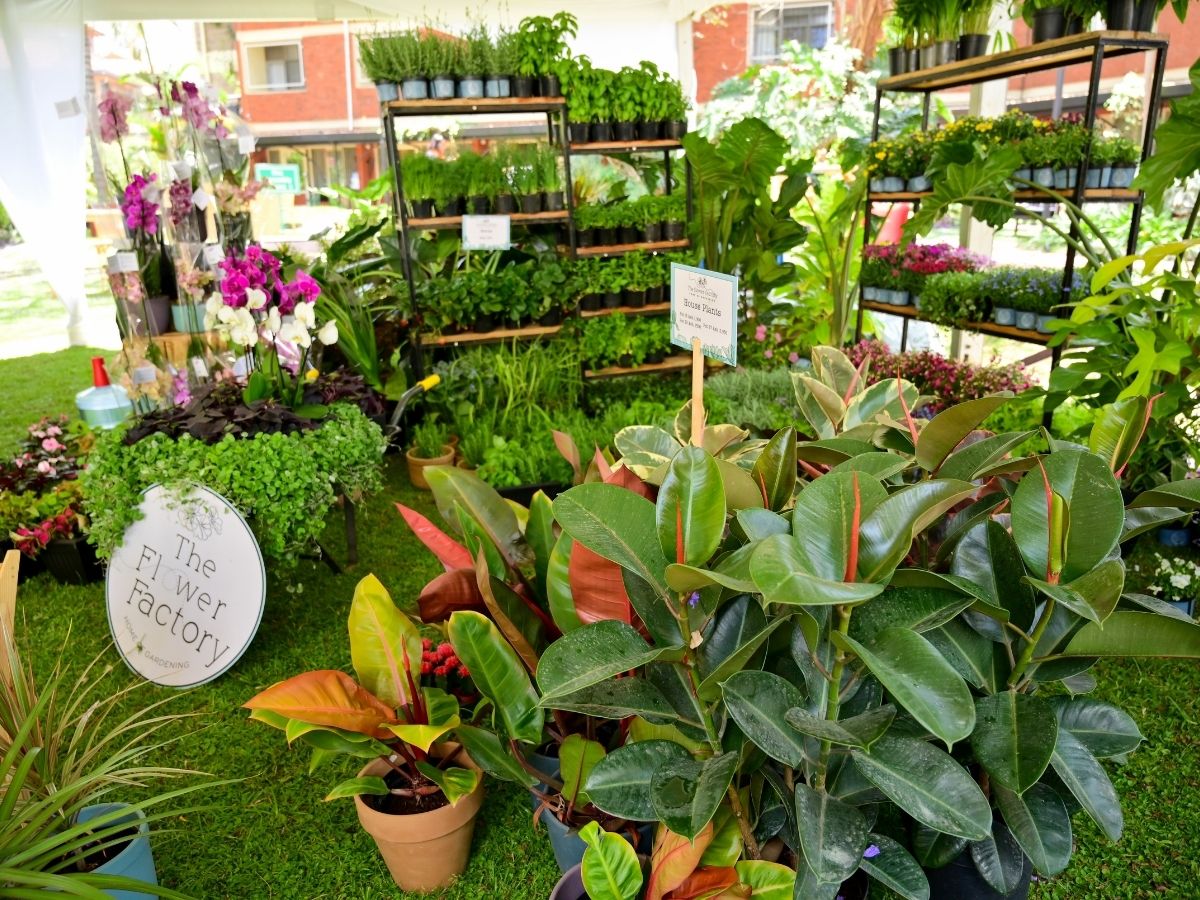
As the blooming sustainability conference came to an end, the resolve during the Kenya Flower Festival was we owe it to our industry to make it known that we are at the forefront of sustainability. We are walking the talk every single day and when others choose to stay blind about these facts, we need to rise and amplify, shout even, do whatever it takes to get the message out there, that’s what we ought to do.
We are alive to the fact that we are not where we ought to be, but that does not mean we cannot pause and be proud of our progress thus far. This is the affirmation and the fuel we need to go the extra mile.
Pictures by @Kenya Flower Festival

